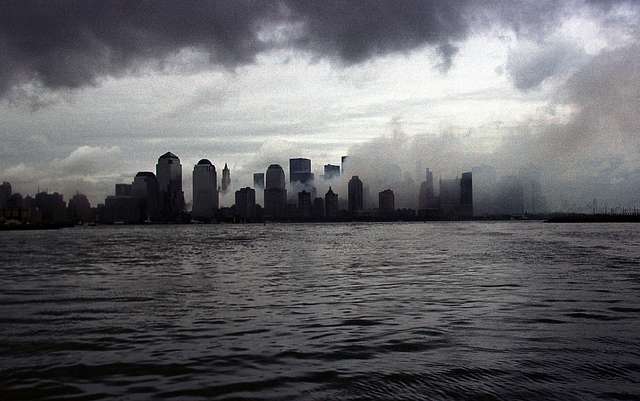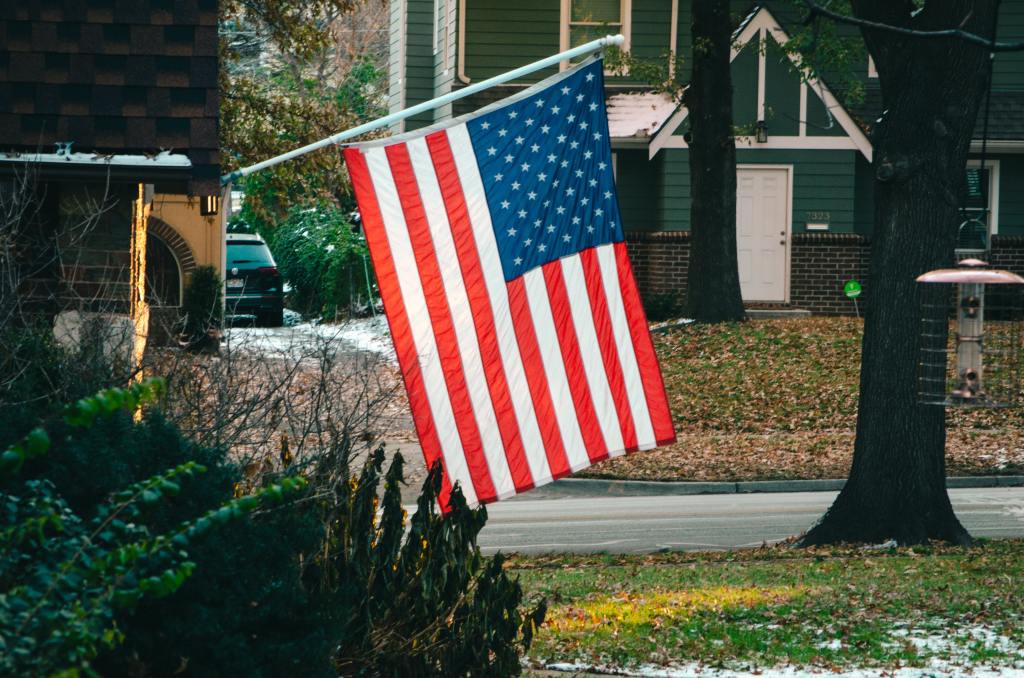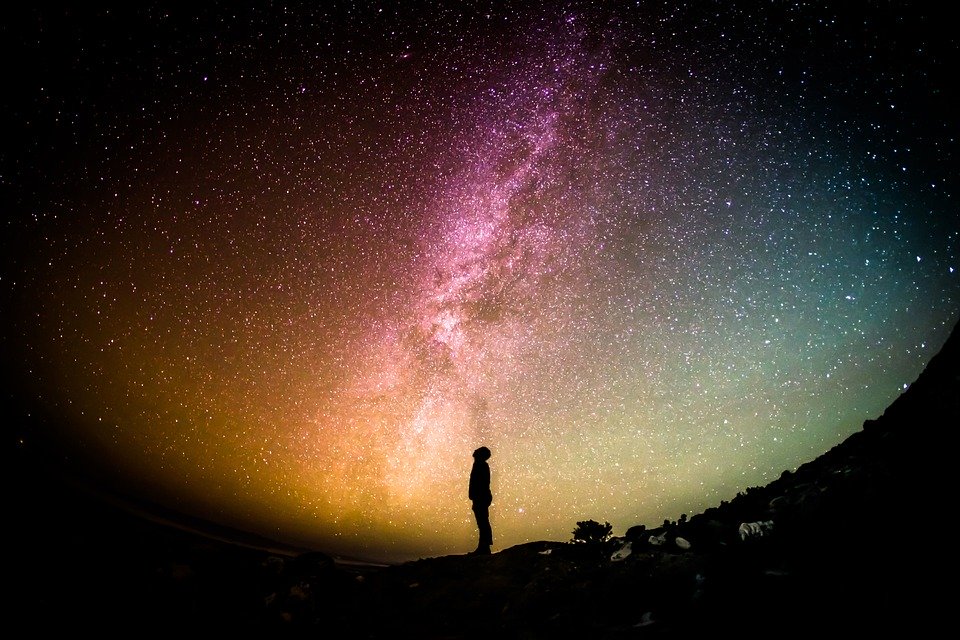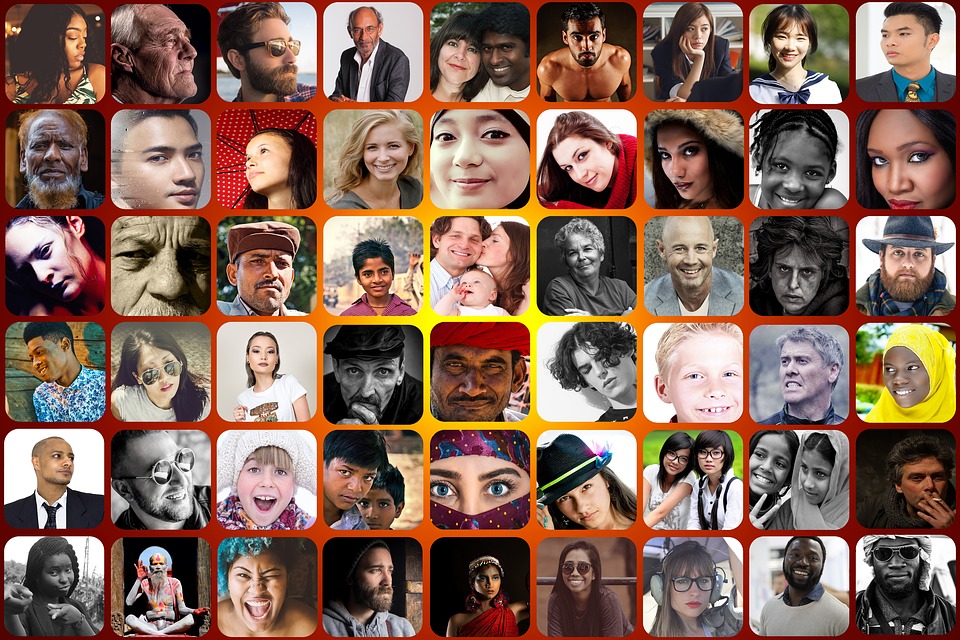
Below are the prepared comments I shared at the Town of Milton’s commemoration of the 20th anniversary of September 11th, 2001.
My older sister, Saman, worked in the South Tower of the World Trade Center on the day of September 11th, 2001. She was one of the many thousands of people who worked in the Towers but who avoided becoming victims of that horrible attack.
Preparing for this occasion prompted me to ask my sister, after so many years, to once again recount her experience on that day. She was on the subway when the first plane hit the towers, taking her usual commute from the Upper East side to the Fulton stop in Lower Manhattan. One stop prior to her destination, police officers evacuated the subway. Of course, when she and the other commuters emerged above ground, and saw the smoke billowing from the North Tower, the reason became clear. After that they witnessed with their own eyes close up what most of us watched on TV: namely the collision of the second plane, and the subsequent collapse of both skyscrapers.
Somewhat paradoxically, I find my sister’s stories about what happened afterwards to be even more remarkable. After the attack, amid all the confusion, terror, and shock, there was nothing to do but leave Lower Manhattan. Many of the people in that area decided to walk over the Brooklyn Bridge, fearing the possibility of further attacks. My sister decided to make her way back uptown in the direction of her apartment on 95th street.
The only way to do so was on foot. She made it about 80 blocks, in high heels, before her feet just couldn’t carry her any further. At that point, a man with a Spanish accent pulled up alongside her in his own car, rolled down the window, asked where she was headed, and offered her a ride. She accepted.
If you’re familiar with the culture of New York City you’ll understand how remarkable that was: a) that a man driving through Manhattan offered a random lady a ride in his car; and b), perhaps even more extraordinarily, that the lady actually got in.
As it turned out, there were two other passengers already in the car, having been picked up by this good samaritan. One was a white man, the other a black woman. Even amid the chaos, confusion and fear, as my sister tells it, she recognized the uniqueness of that moment, when four strangers who – at least on the surface – seemed to have little in common found themselves huddled together in a car, trying to make their way home.
Many of us are familiar with countless stories like this, of New Yorkers coming together in unity and solidarity after 9/11. Strangers hugged each other. They wept together. They helped each other, in a way that was extraordinary for any group of people, not just the people of New York City. That feeling to a certain extent extended to the whole country. We were all mired in a heavy sorrow in the weeks following, but many of us simultaneously felt invigorated by a new sense of being bonded to our fellow Americans.
A few years ago I learned of a phrase repeated in multiple places in the Torah, that foundational text not only for Jews but also for Christians, Muslims, Baha’is like myself, and many others, in which God instructs his followers to treat the stranger with love and compassion, and never to forget the days when they themselves were strangers in the land of Egypt.
Perhaps that came to mind because the phrase “never forget” is so commonly used when we discuss the events of September 11th. Let us never forget those whose lives were taken, let us never forget the sacrifices of so many police and firefighters and other brave individuals, let us never forget the danger of religious fanaticism and hate that became so clear on that day.
But let us also never forget an equally important lesson about who we are as human beings. We should be reminded that to obsess over the differences among us – whether it be our race, our religion, our country, our gender, our culture, our political party, or whatever else – is nothing short of childish and ridiculous. It was easy on that day to learn that lesson; but slowly as the dust cleared and the pain subsided, we seemed far too content to forget it.
In my own religious tradition, that of the Baha’i Faith, we are told: “See ye no strangers; rather see all men as friends, for love and unity come hard when ye fix your gaze on otherness.”
If we can all feel bonded together in a context of tragedy and danger, let us also be bonded together in an atmosphere of love, respect, and above all, hope. Let that be the lesson of 9/11, one that we reflect on on days like this, and for that matter, all the remaining days of our lives.
Thank you.




 Lately as I’ve watched protests against racism and police brutality spread across the U.S., a bit from one of my favorite songs has been ringing through my head:
Lately as I’ve watched protests against racism and police brutality spread across the U.S., a bit from one of my favorite songs has been ringing through my head: Much of what I’ve written on this blog of late hasn’t been directly connected to the Baha’i Faith and issues of spirituality. Well, this post is going to be an exception.
Much of what I’ve written on this blog of late hasn’t been directly connected to the Baha’i Faith and issues of spirituality. Well, this post is going to be an exception. Today marks 200 years since the birth of the Báb in 1819, an occasion that Bahá’ís are celebrating around the world.
Today marks 200 years since the birth of the Báb in 1819, an occasion that Bahá’ís are celebrating around the world. Gillian Tett in the FT wrote a short-and-sweet
Gillian Tett in the FT wrote a short-and-sweet  A while back I wrote a
A while back I wrote a